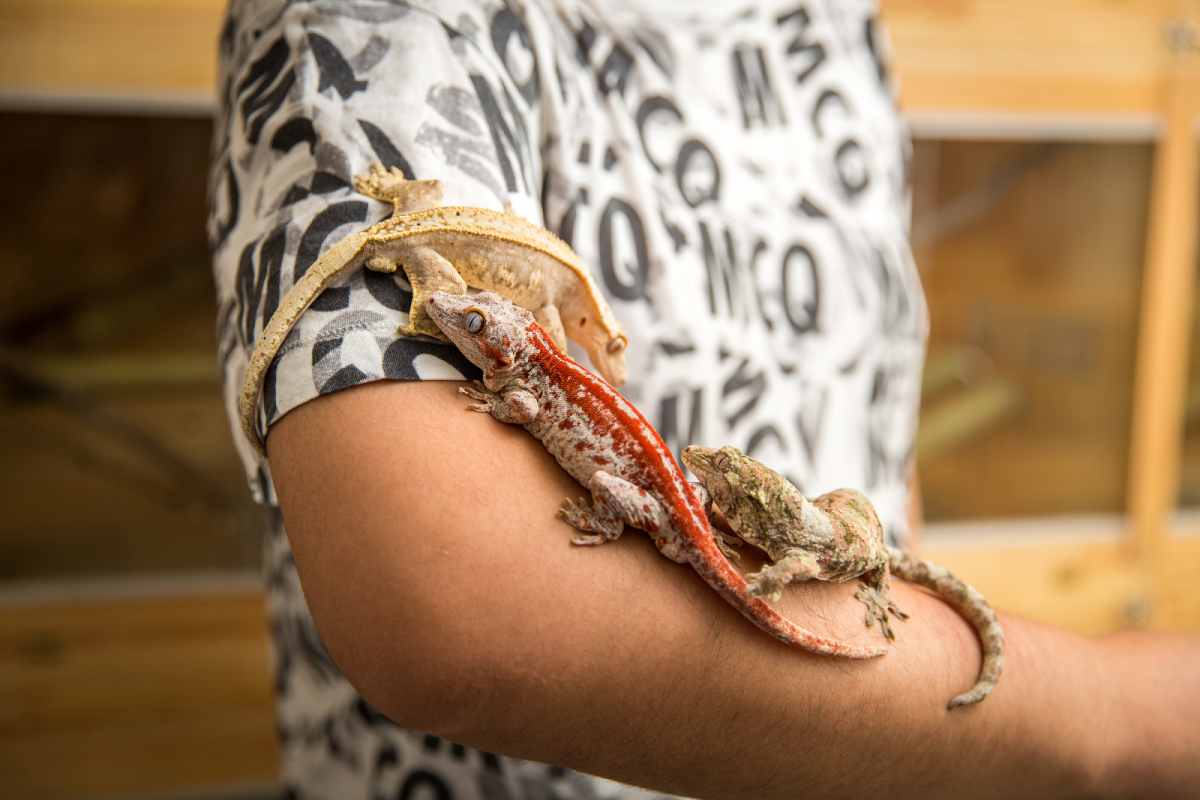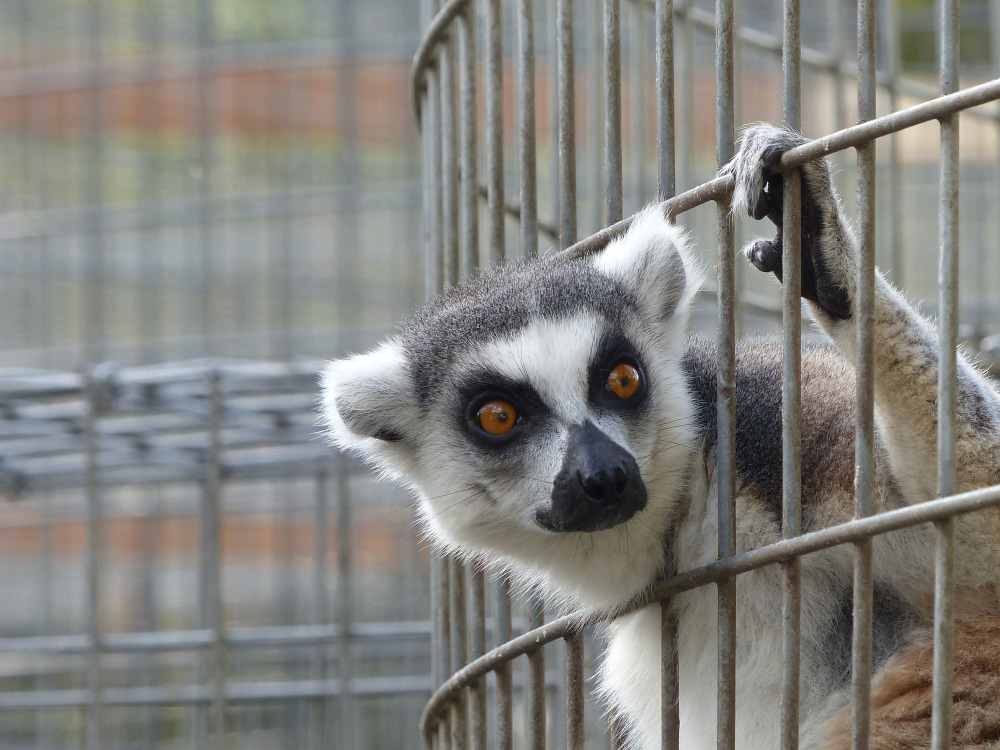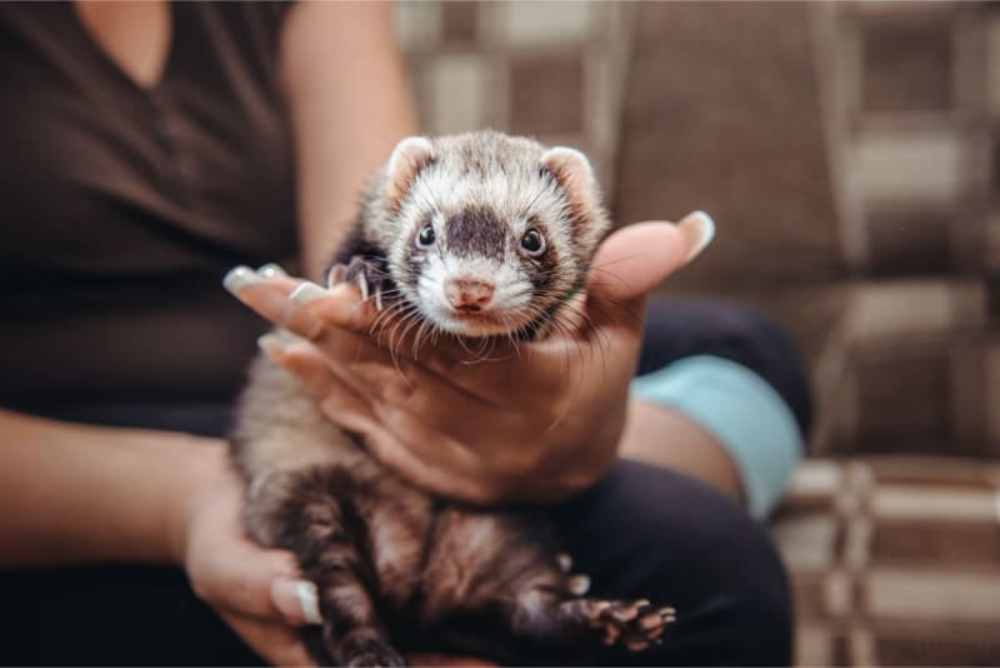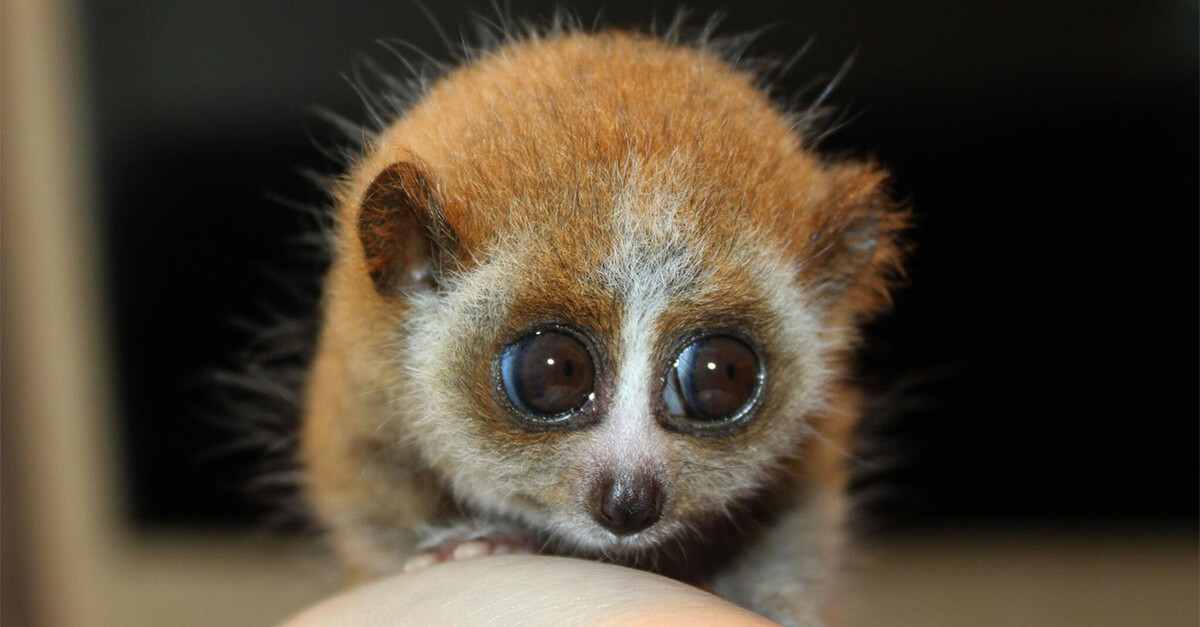
How to Support Exotic Animal Conservation as a Pet Owner
Having an exotic pet can be exhilarating. From parakeets to skinks, these unique pets make for interesting companions. But with that privilege comes responsibility. Consider and care for your pet and its conservation. So, as an exotic pet owner, this blog intends to show you how to help conserve wildlife effectively. Through education on responsible pet practices and how to protect vulnerable species, you can be part of the solution to declining wildlife.
Exotic pet ownership goes well beyond having a rare animal in your home. It’s about stewardship of the future of the species. There are many misconceptions about the exotic pet trade. Others believe it to be harmful. This trade can be detrimental if done unlawfully or unethically, but it might benefit conservation when done responsibly. We hope this blog will help dispel these myths and show how you can support exotic pet conservation in practical terms.
Why Exotic Animal Conservation Matters

The Importance of Biodiversity
Biodiversity is essential for a healthy planet. No matter how small, every species plays a key role in maintaining ecological balance. Exotic animals are often vital to their native ecosystems. Their decline can disrupt food chains and harm other species. As a pet owner, knowing the importance of biodiversity helps you appreciate your pet’s role in the world.
The Threats Facing Exotic Species
Exotic species face many threats, including habitat loss, climate change, and illegal wildlife trade. These issues lead to dwindling populations. By owning an exotic pet, you are linked to these challenges. It’s crucial to understand these threats and how your actions can help.
Ethical Pet Trade Practices
Ethical pet trade practices are crucial for conservation. Supporting legal and sustainable trade helps reduce the demand for illegally sourced animals. This can ease pressure on wild populations and aid conservation efforts. Knowing the details of the pet trade enables you to make informed choices that benefit both your pet and their species.
How to Support Exotic Animal Conservation

Educate Yourself and Others
Education is a powerful tool. Learn about your pet’s natural habitat, dietary needs, and ecological role. This knowledge helps you care for them better and advocate for their conservation. Share what you learn with others to raise awareness about the importance of exotic species.
Research Your Pet’s Origin
Knowing where your pet comes from informs you about its behaviour and needs. It also reveals its conservation status and ongoing protection efforts. Use reliable sources to gather accurate information.
Participate in Workshops and Seminars
Many organisations hold workshops on exotic pet care and conservation. These events offer valuable insights and connect you with experts. Attending can deepen your understanding and commitment to conservation.
Support Ethical Breeders and Sellers
When getting an exotic pet, choose breeders and sellers who follow ethical practices. They should prioritise animal health and comply with legal regulations. Ethical breeders often contribute to conservation through breeding programs and research.
Verify Legitimacy
Before buying a pet, check the breeder or seller’s legitimacy. Look for licenses and certifications that show compliance with legal and ethical standards. Avoid sellers who lack documentation or offer animals at suspiciously low prices.
Ask About Conservation Efforts
Talk with breeders and sellers about their conservation efforts. Reputable breeders are often involved in programs that benefit the species, and supporting these businesses can help conservation indirectly.
Contribute to Conservation Organisations
Many organisations work hard to protect exotic species. Supporting them, you help preserve habitats, conduct research, and rescue endangered animals. You can donate, volunteer, or advocate to get involved.
Choose Reputable Organisations
Select organisations with a strong conservation record. Look for transparency in their operations and outcomes. Consider supporting both local and global groups for more significant impact.
Participate in Fundraising Events
Many conservation organisations host fundraising events. Joining these events raises awareness and funds for critical projects. Whether it’s a charity run or an online auction, your involvement can make a difference.
Advocate for Policy Changes
Policy changes significantly impact conservation. By advocating for stronger wildlife protection laws, you help create an environment where exotic species can thrive. Engage with policymakers, sign petitions, and support laws that benefit exotic animals.
Stay Informed About Legislation
Keep up with current laws related to exotic pets and wildlife conservation. Understanding the legal landscape helps you advocate effectively for changes that protect exotic species.
Engage with Local Representatives
Contact local representatives to show your support for conservation-friendly policies. Personal stories and informed arguments can influence decision-makers to prioritise wildlife protection.
Additional Expert Tips & Common Mistakes to Avoid
Best Practices in Exotic Pet Ownership
- Provide Enrichment: Enrichment is key for the well-being of exotic pets. Offer stimuli that mimic their natural environment, like climbing structures for reptiles or foraging opportunities for birds.
- Regular Veterinary Care: Exotic pets have unique health needs. Regular check-ups with a vet experienced in exotic animals can prevent and address health issues.
- Maintain Proper Documentation: Keep all your pet’s acquisition and health documents. This includes permits, health records, and proof of purchase. Proper documentation ensures compliance with legal requirements and responsible ownership.
Common Mistakes and Misconceptions
- Impulsive Purchases: Avoid acquiring exotic pets on impulse. Research and preparation are essential to meet their needs and support conservation.
- Neglecting Legal Requirements: Many exotic pets require specific permits and adherence to regulations. Ignoring these can lead to penalties and harm conservation efforts.
- Overlooking Environmental Impact: Consider the environmental impact of pet ownership, such as waste disposal and resource use. Minimising your ecological footprint benefits both your pet and the planet.
Show your support for these Animals.

As a pet owner, you can support exotic animal conservation in ways that include working together, learning, and volunteering. You can make a difference by learning about ethical pet trade practices and what to do about endangered species. So, together, let us protect the glorious diversity of habitats on the planet.
As you embark on your journey as an exotic pet owner, consider how you can incorporate further conservation into your life. Let’s work towards a future in which our exotic friends live healthy and happy lives in the wild and as companions. What steps will you take today to support exotic animal conservation?


